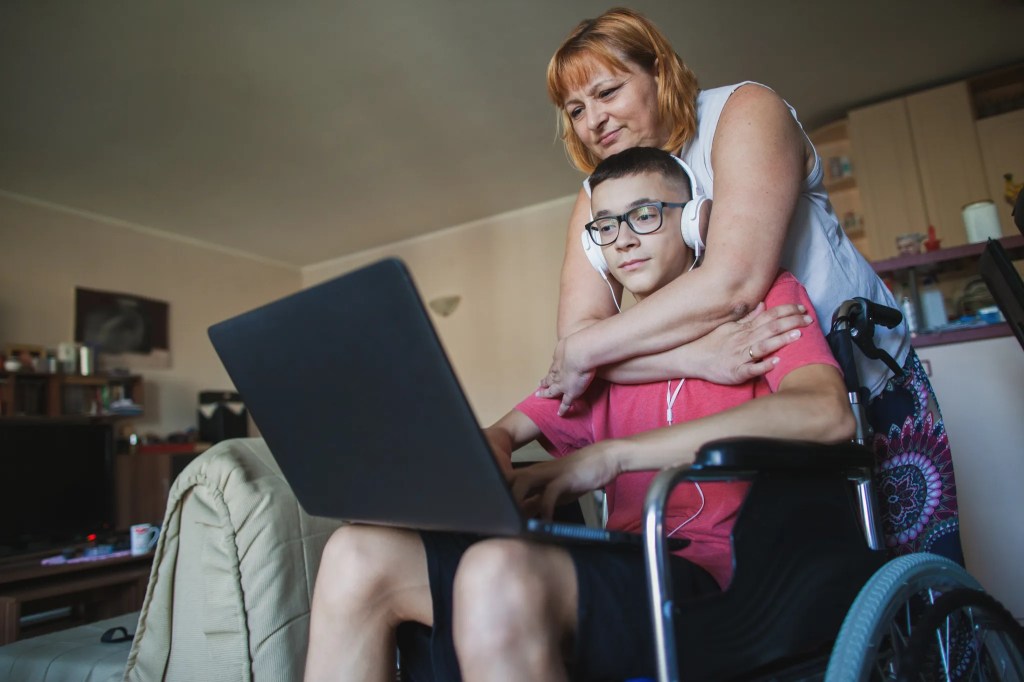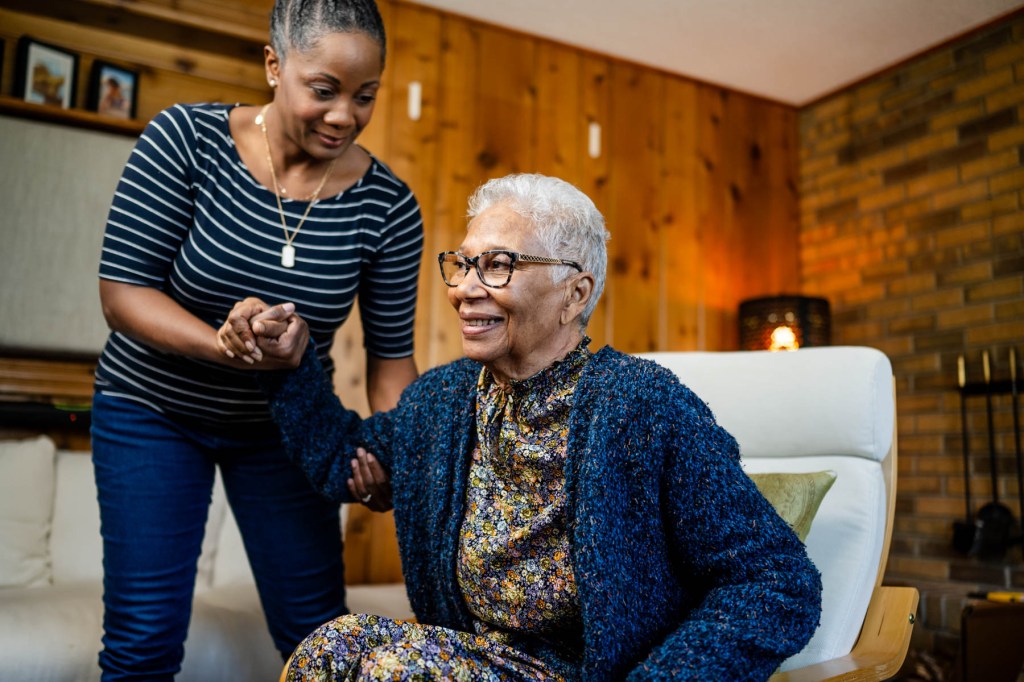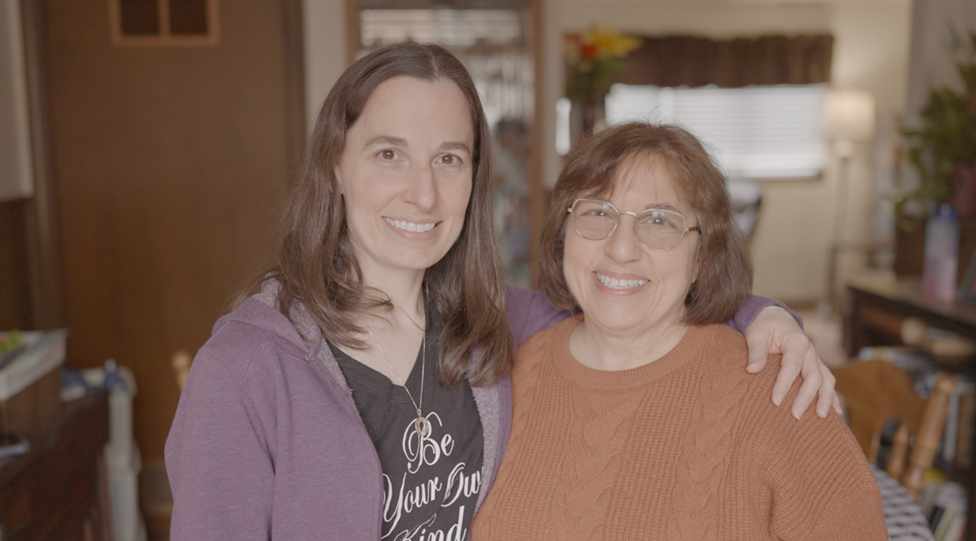
6 Strategies to Care for Someone with a Traumatic Brain Injury
Life After Traumatic Brain Injury
Not everyone with a TBI displays obvious signs of disability. Take Carlos, a polite, optimistic, and upbeat 32-year-old male. Carlos is fun to be around. In conversation, his words and mannerisms don’t raise any eyebrows—as long as the topic doesn’t drift beyond the past few minutes. When his care team nurse visits him in the afternoon, she asks, “What time did you leave the house this morning?” He reaches into his pocket, pulls out a notebook, scans the page, and confidently responds: “7:30 a.m.” Carlos has no short-term memory. Ever since he sustained a TBI from a motor vehicle accident, his life has undergone drastic changes. Carlos needs full-time, round-the-clock care. To compensate for his short-term memory loss, he carries a notebook with him as a record of his day. When he changes from one activity to the next, he jots down a note. Carlos’s mood and personality have also shifted as a result of the injury. His demeanor is friendlier, and his outlook is more positive. It’s important to note that not all people with brain injuries show these kind of symptoms. People can have longer-term memory impairments as well, such as amnesia. The most common mood shifts veer towards agitation or aggression, but no two brain injuries result in the same set of symptoms.
How to Care for Someone with a TBI
Regardless of the nature of symptoms, there are some broad accommodations caregivers should consider to support loved ones with TBIs.
- Keep things organized. Make sure to keep the home organized. Be conscious of where items are usually kept so as not to confuse them.
- Maintain their routine. Keep their day-to-day lives as consistent as possible. This will be helpful for memory issues and prevent them from getting overwhelmed. If there’s going to be a deviation or a permanent change from the typical routine, discuss it with your loved one beforehand to prepare them.
- Be patient. Allow your loved one as much time as necessary to complete tasks. It can be frustrating, but it is important to encourage them to work through activities at their own pace.
- Help them develop strategies. People with TBIs can become very frustrated due to memory loss and fatigue. Like Carlos with his notebook, it can be very helpful to develop techniques your loved one can depend on.
- Understand their fatigue. People suffering with brain trauma can become easily exhausted, particularly during the recovery stages and when undergoing multiple forms of therapy (e.g. physical, occupational, speech therapy). Understanding their stage of the healing process and catering support to their current needs is important for their care.
- Support them psychologically. Caregivers and members of the care team are in an ideal position to identify what improves quality of life for someone with TBI. Focusing on their personal goals despite mood changes and physical symptoms can help a loved one feel fulfilled even after a brain injury limits what they can do. For instance, Carlos often feels lonely. Assisting him with his interpersonal and relationship-building goals are important for his overall emotional well-being.
Caring for people with Traumatic Brain Injuries requires patience and attention to a wide array of individual needs. Carlos lives with a family that encourages his progress and provides support where they can to make him happy. His story is an example of how people with TBI can develop methods to cope with symptoms and lead a fulfilling life.
Are you caring for a loved one with a TBI at home? Careforth could help. Learn more about our coaching and support program for caregivers of Medicaid-eligible friends and family members.
More insights like this:
-

Caring For Your Child With Disabilities
Read more: Caring For Your Child With DisabilitiesAccording to AARP’s Caregiving in the U.S. 2020 Report, 14.1 million caregivers provide care for children ages 0-17. In addition, one-in-ten parents in the U.S. provide over two and a half hours of unpaid care a day to an adult child. That’s a lot of care. A lot of dedication. And a lot…
-

What Is a Family Caregiver?
Read more: What Is a Family Caregiver?Caregivers, often family members, are the people who regularly provide care for a child or adult who is sick, elderly, or has a disability. Family caregivers take care of their loved ones every day. They help with daily tasks, providing emotional support, and assist with whatever their loved one may need. “Many people…
